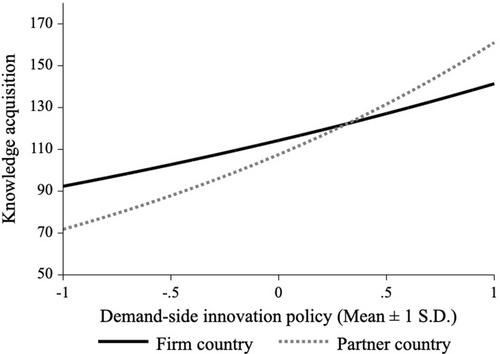National innovation policies and knowledge acquisition in international alliances
Abstract
Research summary
International alliances facilitate learning among firms by providing access to knowledge embedded in different countries, yet we do not know how the partnering firms' distinct national contexts shape their learning in alliances. This study brings together research on learning in alliances and research on national innovation systems to examine how innovation policies in the respective home countries of the focal firms and their partners can increase the effectiveness of knowledge acquisition in alliances. Our analyses indicate that supply-side innovation policies in the focal firms' home countries and demand-side policies in their partners' home countries increase the focal firms' knowledge acquisition from their partners.
Managerial summary
Firms engaging in alliances should consider their national innovation system as a strategic resource they can leverage not only to improve their own knowledge sourcing but also to become a more attractive partner in international alliances, potentially opening opportunities for engaging in reciprocal knowledge exchange. Managers can expect more learning opportunities when allying with foreign partners from countries with innovation policies that stimulate public technology purchasing or encourage public–private R&D collaboration. In turn, managers of firms from countries with innovation policies that provide funding and talent for R&D can capitalize on these resources to improve their firms' knowledge acquisition from foreign partners.



 求助内容:
求助内容: 应助结果提醒方式:
应助结果提醒方式:


